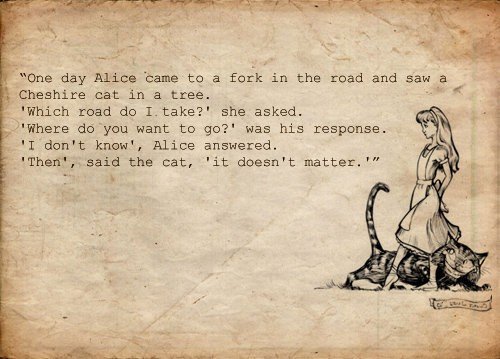
Contrary to popular opinion, I think the media industry is in good shape. Are there still ‘industry’ issues? Yes, of course there are, but for responsible clients with robust governance, they are manageable. Marketers have better connectivity with their customers and prospects, and more information and insights than they’ve ever had. With this comes greater visibility of their media ecosystem, additional responsibility, more accountability and a right to sit alongside their C-suite peers, which hasn’t always been the case.
What vexes me is strategy. We have recently had the privilege of managing media pitches for some major international and local brands. I use ‘privilege’ deliberately because it is a privilege to see smart people, performing at their best and applying themselves to our clients’ challenges.
Unfortunately, however, genuine strategic ideation and innovation in response to a challenging brief is rare, and all too often strategy is an incoherent collection of ideas ‘bound together’ by a bewildering array of tech and tools.
While I agree that “strategy eats culture for breakfast” (culture should become apparent throughout the process), strategy is the glue that binds capabilities together and gives them a reason for being. Strategy is the unifying idea which determines and aligns the complex technologies and tools, ensuring all parties are pulling together to achieve a communications objective.
Of course, clients must ensure that agency capabilities are fit-for-future-purpose, but they are not looking for ‘bells and whistles’. Clients seek innovation that will drive business growth, and there’s only so much of that you can derive from machines!
Within media agencies, strategy’s role is too often subservient to planning and buying, which is where the real money is. Agencies have given their strategic capabilities and ideas away for free, offering them up to clients as the ‘icing on the [trading] cake’.
However, strategy is, and can no longer be, the ‘icing’. There are so many channels, so many different customer journeys and so many different types of consumers out there, all engaging with media in different ways, strategy’s role in bringing these strands together is more important than it’s ever been.
In assembling multidisciplinary teams of specialists, media agencies have created a lot of silos and conflicting forces, and unless their energies are directed and orchestrated by a coherent strategy, people will naturally retreat into their component specialisms, their most comfortable resting state. The net effect of this is for clients to get lost in media’s complexity and agencies cede their role in determining strategy.
Clients will have access to capabilities, lots of them, but they will be directionless, like Alice’s predicament in Alice in Wonderland:
Alice: “Would you tell me please, which way I ought to go from here?”
“That depends a good deal on where you want to get to,” said the Cat.
“I don’t much care where—” said Alice.
“Then it doesn’t matter which way you go,” said the Cat.
So, who will own strategy? Will creative agencies become more important, will management consultancies fill the void, while media agencies are relegated to implementation? I had hoped that media agencies would be climbing out of that hole, but I am increasingly concerned they have not climbed far or fast enough.
Media agencies are naturally comfortable with data and technology and the richness of information available. I would argue that it is in clients’ interests to value strategy derived from insight and when they see it, they should grab it, protect it by paying properly for it and no longer accept strategic services as the ‘icing’ on the cake.